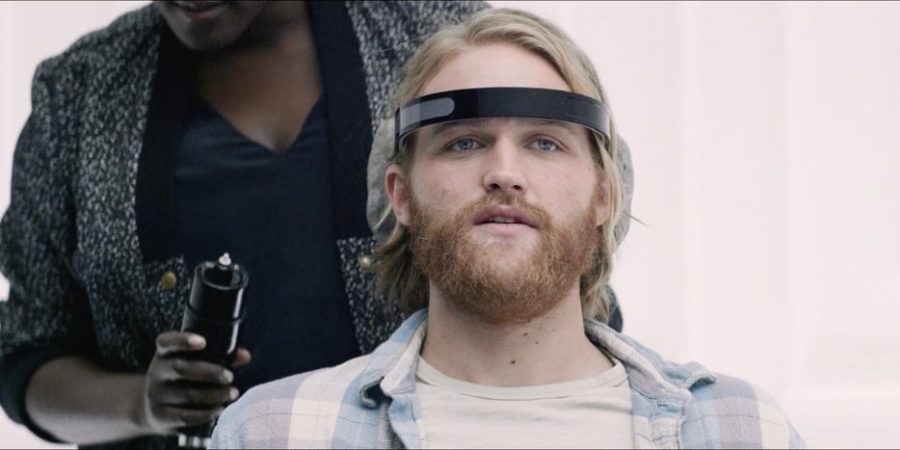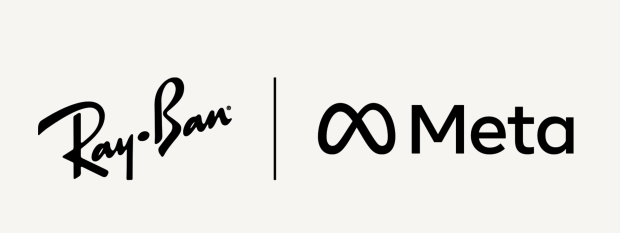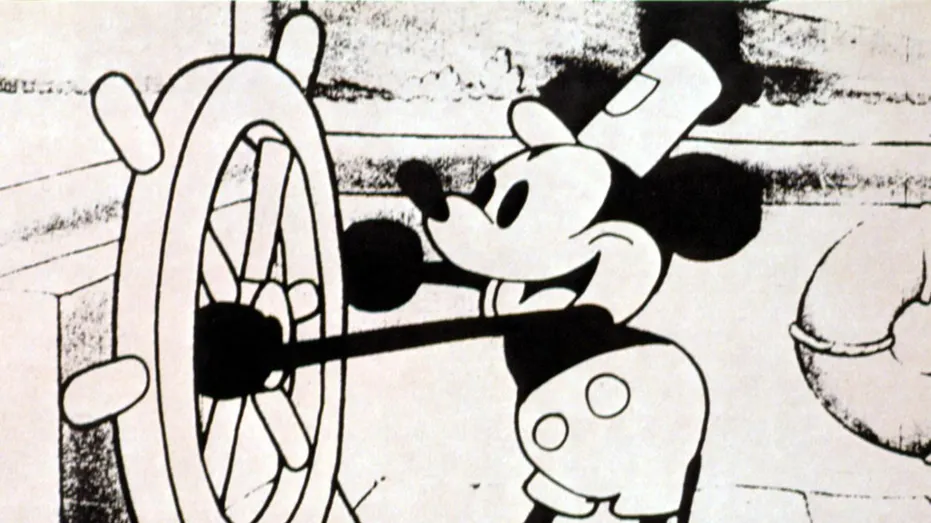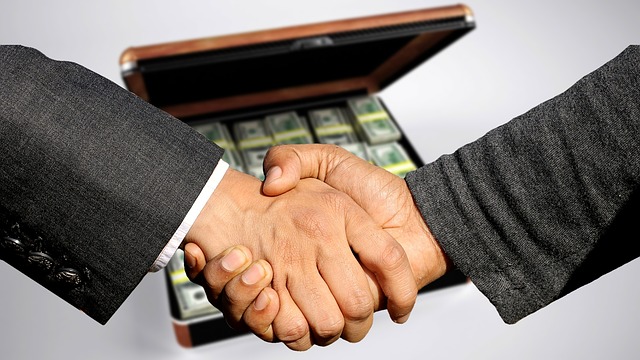Black Mirror: A Dark Reflection of Today’s Society
February 9, 2018
You have just finished watching “White Bear” and “Hated in the Nation”. You close your laptop and walk away, soon forgetting the thousands of digital people who have just died before your eyes in a glowing computer screen. The next day at school, you check Twitter and see the top headline: a famous celebrity discussed a controversial topic during an interview and is receiving heavy backlash for their responses. A sea of users begin to tweet in a flurry, fingers flying off of their touch screens as they send death threats to someone they do not even know in real life. The stronger the conviction and menace in the tweet, the greater the praise they receive, and those who have any opinion other than red anger are shamed as “part of the problem”. Yes, the show is fake, but in a way, it is more real than certain aspects of society: it is a scripted documentary of actual occurrences and feelings in today’s modern era.
While I believe it is critical for people to speak up for their beliefs and for inequality, I have seen increasingly more often the great extent to which angry storms of people go to ruin others’ lives for one mistake. Before I progress with my thoughts, I wish to make a clarification: no, I am not talking about those who have made a harmful mistake and have not learned why they are clearly in the wrong, or any of the countless people who have been brought up into the radar for their misconduct. I am referring to those who have made a mistake, as all humans do, genuinely apologized, matured in their character, and still receive hurtful, unnecessary comments by those who are unable to embrace growth. Humans are naturally drawn to the downfall of others and are so quick to ruin others, ironically being the “mean kids” while trying to collectively murder the bully, so I appreciate “Black Mirror” for addressing this tenacity in society to bring about crooked justice. One of the many reasons why I love this show is that it criticizes actual flaws in society while presenting them in a way that does not seem preachy, but rather, a potent message in it of itself. Each of the episodes has different messages addressing several different aspects of the human condition:
In “Fifteen Million Merits”, when Bing finally received the opportunity to stand on the stage and beg those listening to head his message, the audience was so far gone that they could not even fully process what he was saying in terms of their own attitudes in life, and was only able to understand it as a satire of an actual problem. The end of this episode shows Bing in his new luxury home filled with shiny, new materialistic objects he did not have before, insinuating that he took the offer by the judges, making you realize that even the few people who seem to be able to look beyond the blinding lies of society may not be able to comprehend true love themselves, or that everyone can eventually be bought out.
“USS Callister”, “Black Museum”, and “White Christmas” toyed with the idea that solitude and loneliness can cause people to be able to do inhumane things, and that when a person’s physical being is detached from their consciousness, we are able to mentally distance ourselves from having empathy for others’ souls.
“Nosedive” accurately depicted today’s social-media dependent era and the addictive need we have towards gaining approval through numbers behind a screen.
The entire show focuses on appearance versus reality, the dangers of being too technologically dependent, the cruelty humans are capable of, and the continuously growing detachment of minds as we remain immersed in a digital reality for an extended period of time. Art is always inspired by real life, and we should try to take messages from everything and learn, rather than disregarding something because it hides under a facade of entertainment. I understand that many people will think that I am looking too deep into what is simply a popular T.V. show and they may be right. It may just be a form of entertainment with some elements from real life converted into the script. At the end of the day, you, the reader, may have just read an article on your computer, and pointless words could have been all you were able to see. But I hear that if you look hard enough, straight through the wisp-like strings of reality and disillusionment, you can catch a glimpse of your own reflection staring blankly at a dark screen. The world is a dark mirror and the choice is yours.











